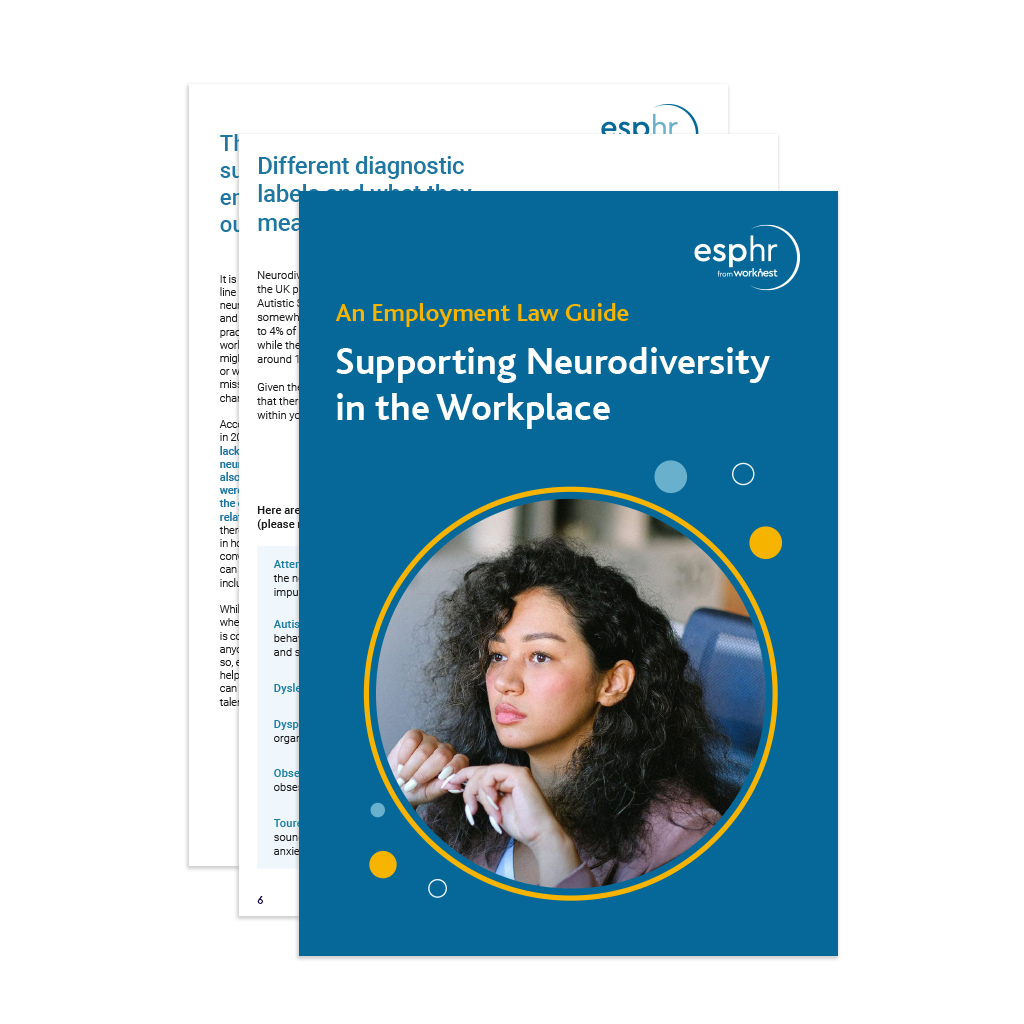Since the UK left the European Union in January 2021, there have been many developments regarding UK immigration rules, and they still continue in 2023.
In this blog, we will explore the changes that have occurred to date and what we can expect in the final few months of the year, all of which can affect recruitment plans.
EU Settlement Scheme: Changes and Extensions
The EU Settlement Scheme allowed EU, EEA, Swiss nationals, and family members of eligible persons of Northern Ireland to apply to stay and continue working in the UK after the UK left the European Union and free movement of people ended.
A deadline of 30 June 2021 was set for eligible individuals to apply to receive pre- settled or settled status (which status depended upon the amount of time they had already been living in the UK).
From September 2023, those who had been granted pre-settled status (i.e. their status was initially time restricted by providing only a period of 5 years stay in the UK) have automatically had their status extended by 2 years.
For employers, this extension is evidenced in a person’s digital status, as the Home Office has automated the process to update people’s records and will have also notified individuals directly.
Skilled Worker Route: Amendments to the Shortage Occupation List
The skilled worker visa is just one type of visa that a non-UK nationals can use to enter the UK to live and work. However, to apply for a skilled worker visa, the job role must have a suitable rate of pay and skill level, falling within the UK’s Immigration rules that define qualifying occupations.
Some skilled occupations, where there are recruitment difficulties, are then added to the Shortage Occupation List which can allow for a lower rate of pay and a cheaper application fee.
The Migration Advisory Committee (MAC) is responsible for reviewing and recommending the occupations that are on this list. Following a recent review, several amendments have now been made.
With effect from 7 August 2023, the following jobs were added to the Shortage Occupation List:
- Bricklayers and masons
- Roofers, roof tilers and slaters
- Carpenters and joiners
- Construction and building trades not classified elsewhere
- Plasterers
- Agriculture and fishing trades not classified elsewhere
- Fishing and other elementary agriculture occupations not classified elsewhere
A further update from MAC’s recommendation is that those who are sponsored for GP specialist training will now be granted permission until 4 months after the end date of their certificate of sponsorship (up from the previous 14 days). This change is due to the potential need for individuals in this field needing additional time to find employment with a GP practice that is a licenced sponsor.
Sponsorship Hybrid Working Updates
To reflect more modern working practices, the Government updated its sponsor duties and compliance guidance to deal with how to manage sponsored workers whose normal work location changes.
While sponsors have always been obliged to report changes to a worker’s normal work location (such as a move to a different site, branch or office), it is now a requirement to report changes when a worker begins working remotely or adopts a hybrid working pattern.
The guidance now states that an employer must report a change in the normal work location, as recorded on the certificate of sponsorship, where “the worker is or will be working remotely from home on a permanent or full-time basis (with little or no requirement to physically attend a workplace)” and “the worker has moved or will be moving to a hybrid work pattern”. These changes that must be reported within 10 working days from the change occurring.
Reforms to Student Visas
Students must now have completed their course before they can apply to switch to a skilled worker visa. Applications can be made before this date but only where the start date is after the date of course completion.
Further, from January 2024, students starting courses will not able to bring dependants to the UK unless they are studying a postgraduate research programme.
Increased Visa Fees from October 2023
The Home Office has increased visa fees, effective from 4 October 2023:
- Student visas from outside the UK will increase from £100 to £490.
- In-country skilled worker visas (with a certificate of sponsorship issued for 3 years or less) will increase from £719 to £827.
- Overseas skilled worker visas (with a certificate of sponsorship issued for 3 years or less) will increase from £625 to £719.
- In-country skilled worker visas (where a certificate of sponsorship has been issued for 3 years or more) will increase from £1,423 to £1,500.
- Overseas skilled worker visas (with a certificate of sponsorship issued for 3 years or more) will increase from £1,235 to £1,420.
- In-country and overseas skilled worker, shortage occupation visas (where a certificate of sponsorship has been issued for 3 years or less) will increase from £479 to £551.
- In-country and overseas skilled worker, shortage occupation visa (where a certificate of sponsorship has been issued for 3 years or more) will increase from £943 to £1,084.
You can access the full list of increased fees directly from the Government’s webpage ‘Visa Fees Transparency Data’.
Increase to the NHS Surcharge
The NHS Surcharge will be increased from a date to be announced – no earlier than 16 January 2024.
There will be a significant increase from £624 per year of a visa to £1,035 for adults and from £470 to £776 for children, students, student dependants, and applicants for the Youth Mobility Scheme.
Higher Fines for Employing Unauthorised Workers
The Home Office confirmed in August 2023 that the fines imposed on companies employing individuals without the right to work in the UK will be increased. These penalties have remained unchanged since 2014. The new fines are expected to take effect in early 2024 and are as follows:
- A first breach fine will be increased from £15,000 to £45,000 per worker.
- Repeated offences will incur a fine of up to £60,000 per worker.
Guidance on Conducting Right to Work Checks
The Government’s guidance for conducting right to work checks should be a crucial document for all organisations when recruiting. The latest edition (dated 28 February) is available here.
These fines are a civil penalty. It can also be considered a criminal offence where an employer knows or has reasonable cause to believe they are employing an illegal worker. In this instance, a prison sentence of up to five years or an unlimited fine may be imposed.






